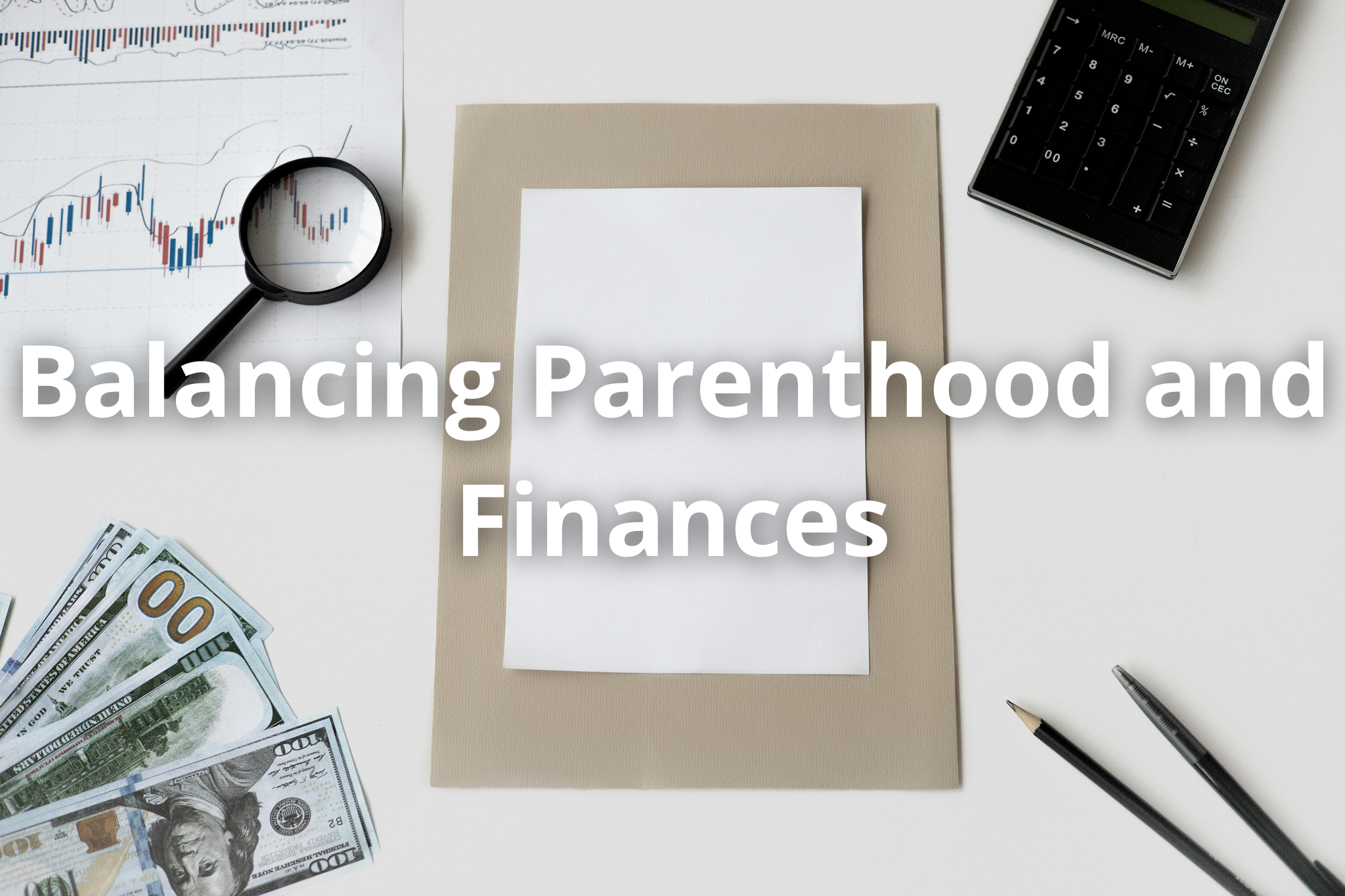
Raising a child alone is a challenging and rewarding journey, one that requires careful financial planning and management. As a single mother, every dollar counts, and understanding the intricacies of the tax system is crucial for making the most out of limited resources. In this essay, I will share my insights into how taxes impact single parents, the importance of tax credits and deductions, and strategies for maximizing tax benefits.
Read also: Unveiling the Hidden Truths Behind Taxation
Navigating Financial Challenges
Being a single mother means juggling multiple roles and responsibilities, often with a tight budget. Understanding how taxes affect my finances is essential to ensuring that my child and I have what we need to thrive.
Income Tax: For single parents, income tax can be a significant burden. However, there are various tax credits and deductions designed to provide relief. The key is knowing which ones apply to my situation and how to claim them effectively.
Payroll Taxes: These taxes, which include Social Security and Medicare, are deducted directly from my paycheck. While they are necessary for funding important social programs, they also reduce my take-home pay. Understanding the implications of these deductions helps me budget more accurately.
Sales Tax: Sales tax is applied to most purchases, making everyday items more expensive. This regressive tax hits low-income families particularly hard, as a larger portion of their income goes towards these taxed goods. Being aware of sales tax rates helps me plan my shopping and find ways to save.

The Importance of Tax Credits and Deductions
Tax credits and deductions are essential tools for reducing taxable income and increasing refunds, which can provide much-needed financial relief for single parents.
Earned Income Tax Credit (EITC): The EITC is one of the most significant credits available to low- and moderate-income working families. As a single mother, I qualify for this credit, which can result in a substantial refund. The amount of the credit depends on my income and the number of children I have. Understanding the eligibility requirements and properly claiming this credit is crucial for maximizing my tax benefits.
Child Tax Credit (CTC): The CTC provides a credit for each qualifying child. Recent expansions of this credit have made it more valuable, with some portions being refundable. This means that even if I owe no taxes, I can still receive a refund. The additional money helps cover the costs of raising my child, such as childcare, education, and healthcare.
Head of Household Status: Filing as head of household, rather than single, provides a higher standard deduction and lower tax rates. This status is available to single parents who pay more than half the cost of maintaining a home for themselves and their dependents. Claiming this status reduces my taxable income, resulting in lower taxes owed or a larger refund.
Child and Dependent Care Credit: This credit helps offset the costs of childcare, which can be a significant expense for single mothers. The credit applies to a percentage of qualifying childcare expenses, up to a certain limit. Properly documenting and claiming these expenses is essential for maximizing the benefit.
Strategies for Maximizing Tax Benefits
Effective tax planning and knowledge of available benefits can significantly improve my financial situation. Here are some strategies that I use to ensure I’m making the most of my tax opportunities:
Keeping Accurate Records: Maintaining detailed records of income, expenses, and receipts is vital for claiming deductions and credits. Good record-keeping helps ensure that I can substantiate my claims if questioned by tax authorities and helps me avoid missing out on eligible tax benefits.
Utilizing Tax Software and Professional Help: Tax preparation software can simplify the filing process and help identify all applicable credits and deductions. In complex situations, consulting with a tax professional can provide valuable guidance and ensure that I’m maximizing my tax benefits.
Understanding Tax Law Changes: Tax laws change frequently, and staying informed about these changes is crucial. For example, recent expansions to the Child Tax Credit and Earned Income Tax Credit provide increased benefits that I need to be aware of. Following reliable tax news sources and consulting with professionals helps me stay up-to-date.
Taking Advantage of State and Local Benefits: In addition to federal tax benefits, many states offer their own credits and deductions for low-income families and single parents. Researching and claiming these benefits can provide additional financial relief.
Planning for the Future: Contributing to tax-advantaged accounts, such as retirement savings accounts (e.g., IRA, 401(k)) or educational savings accounts (e.g., 529 plans), can reduce taxable income and provide long-term financial benefits. Planning ahead ensures that I’m building a secure financial future for myself and my child.

The Broader Impact of Taxation
Beyond individual financial planning, it’s important to recognize the broader impact of taxation on society and single-parent families.
Funding Public Services: Taxes fund essential public services that benefit everyone, including single parents. These services include public education, healthcare, transportation, and social safety nets. Understanding the role of taxes in funding these services helps me appreciate the importance of contributing to the tax system, despite the financial burden.
Economic Stability: A well-functioning tax system contributes to economic stability by funding government programs that support economic growth and provide social support. During economic downturns, tax-funded programs such as unemployment benefits and food assistance help stabilize families’ finances and maintain consumer spending.
Social Equity: Progressive taxation, where higher-income individuals pay a higher percentage of their income in taxes, helps reduce income inequality and provides funding for programs that support low-income families. This redistribution of wealth is crucial for ensuring that all members of society have access to basic needs and opportunities.
Advocacy for Fair Tax Policies
While the tax system provides essential benefits, there is always room for improvement to ensure that it is fair and supportive of single-parent families.
Increasing Awareness and Accessibility: Many eligible families do not claim available tax credits and deductions due to a lack of awareness or understanding of the tax system. Increased outreach and education efforts can help ensure that more families receive the benefits they are entitled to.
Simplifying the Tax System: The complexity of the tax code can be a barrier to accessing benefits. Simplifying the filing process and reducing paperwork can make it easier for single parents to claim eligible credits and deductions, ensuring they receive the financial support they need.
Expanding Tax Benefits: Advocating for the expansion of tax credits and deductions for low- and moderate-income families can provide additional financial relief. Increasing the amounts and making more credits refundable can significantly improve the financial stability of single-parent households.
Addressing Regressive Taxes: Sales taxes and other regressive taxes disproportionately impact low-income families. Reducing or exempting essential items from sales tax can alleviate this burden and ensure that families have more disposable income to meet their basic needs.
Conclusion
As a single mother, understanding and navigating the tax system is essential for managing my finances and providing for my child. Tax credits and deductions play a crucial role in reducing my tax burden and increasing my financial stability. By staying informed, keeping accurate records, and utilizing available resources, I can maximize my tax benefits and build a secure future.
Beyond individual financial planning, advocating for fair and supportive tax policies is crucial for ensuring that all families, especially single-parent households, have access to the resources they need to thrive. Through increased awareness, simplification of the tax code, and expansion of benefits, we can create a more equitable and supportive tax system that benefits everyone.






